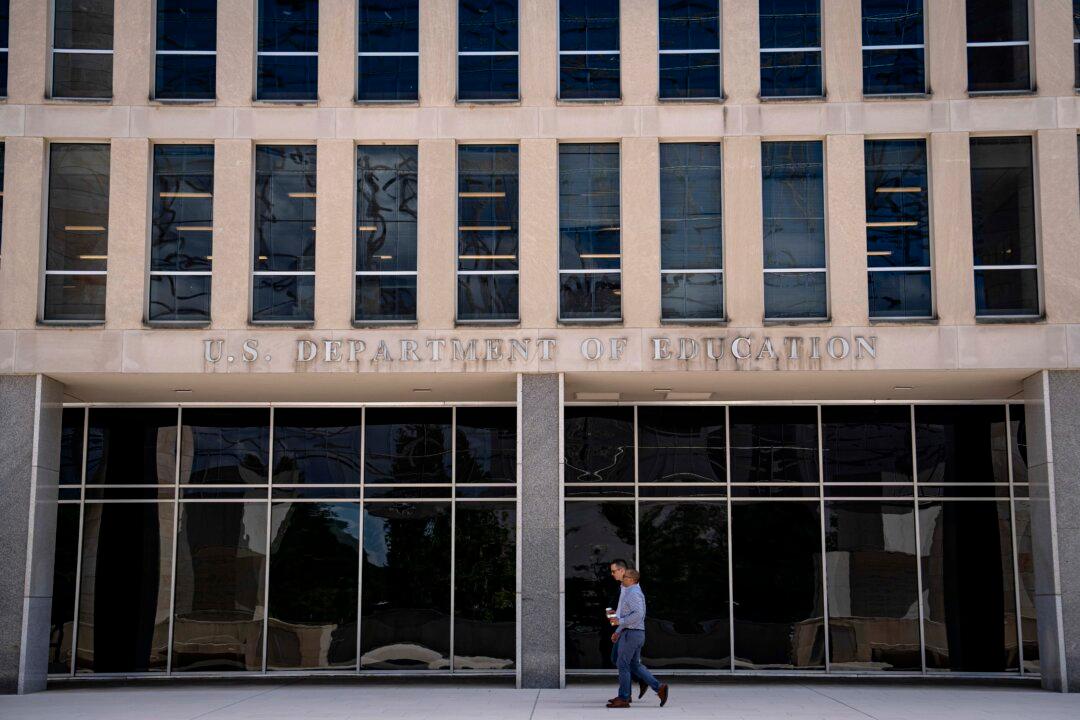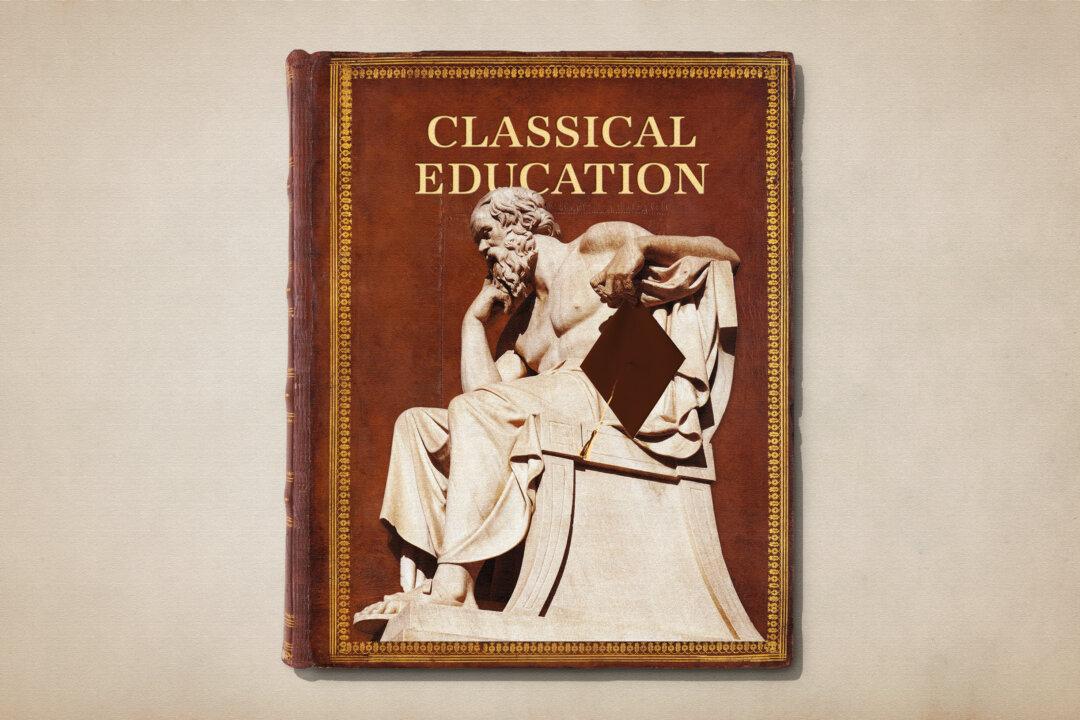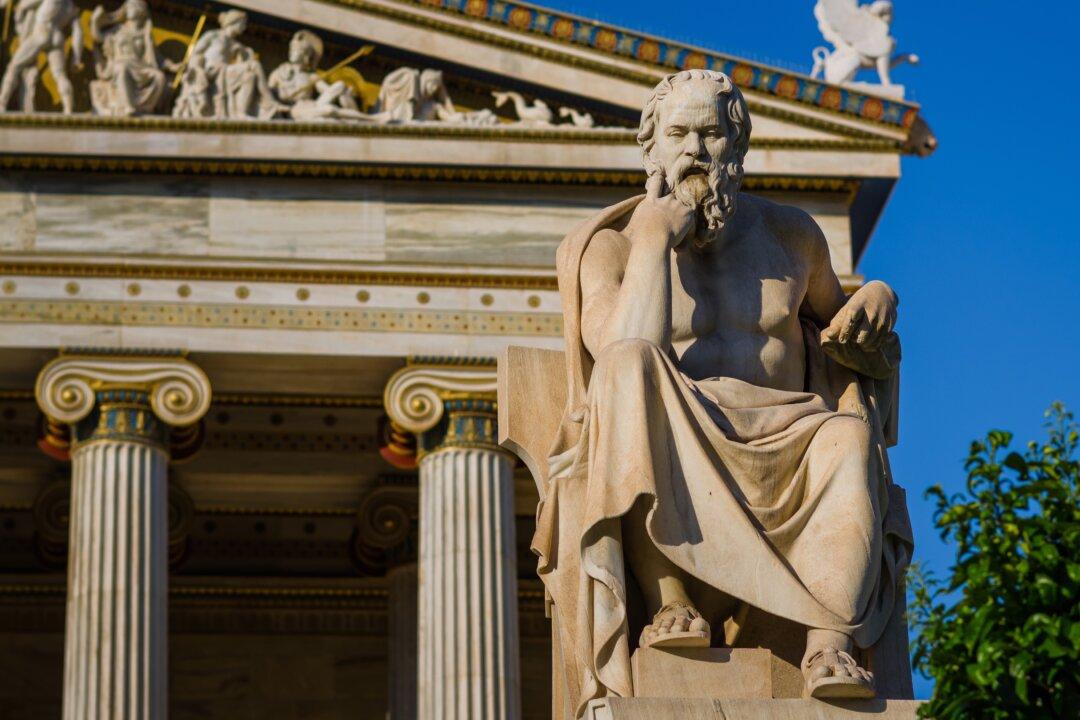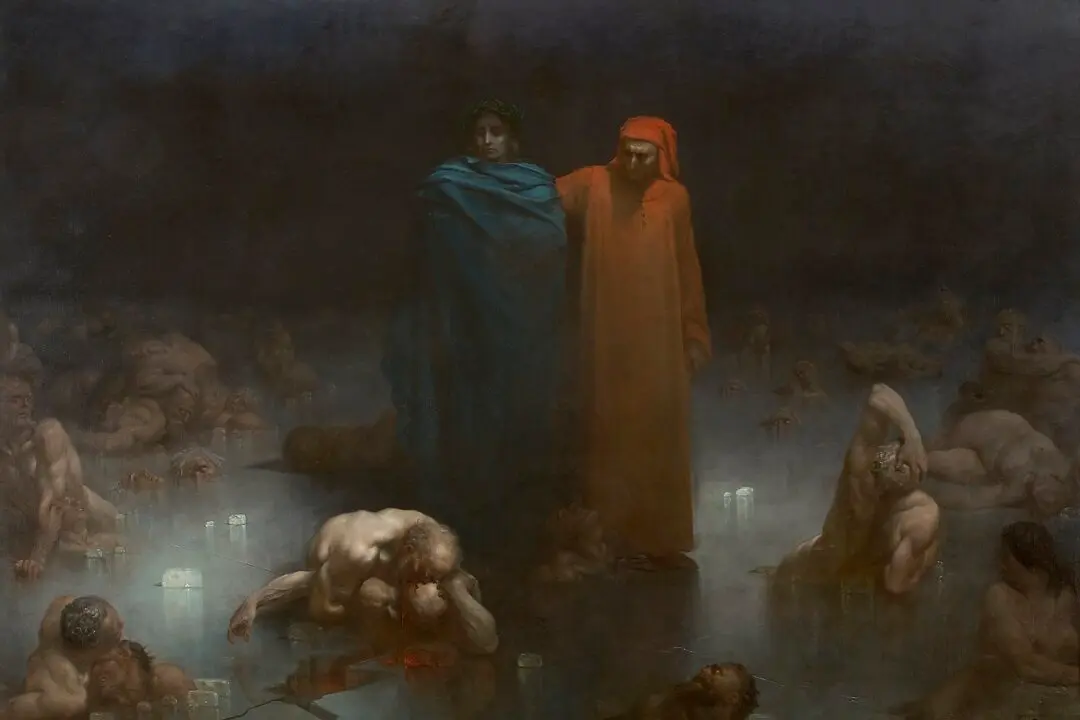Commentary
Everybody is offering advice to the individuals on their way into office in the executive branch after the inauguration on Jan. 20, 2025. Federal practice in the area of higher education is particularly ripe for reform, given the low public opinion of the campus at the present time.





